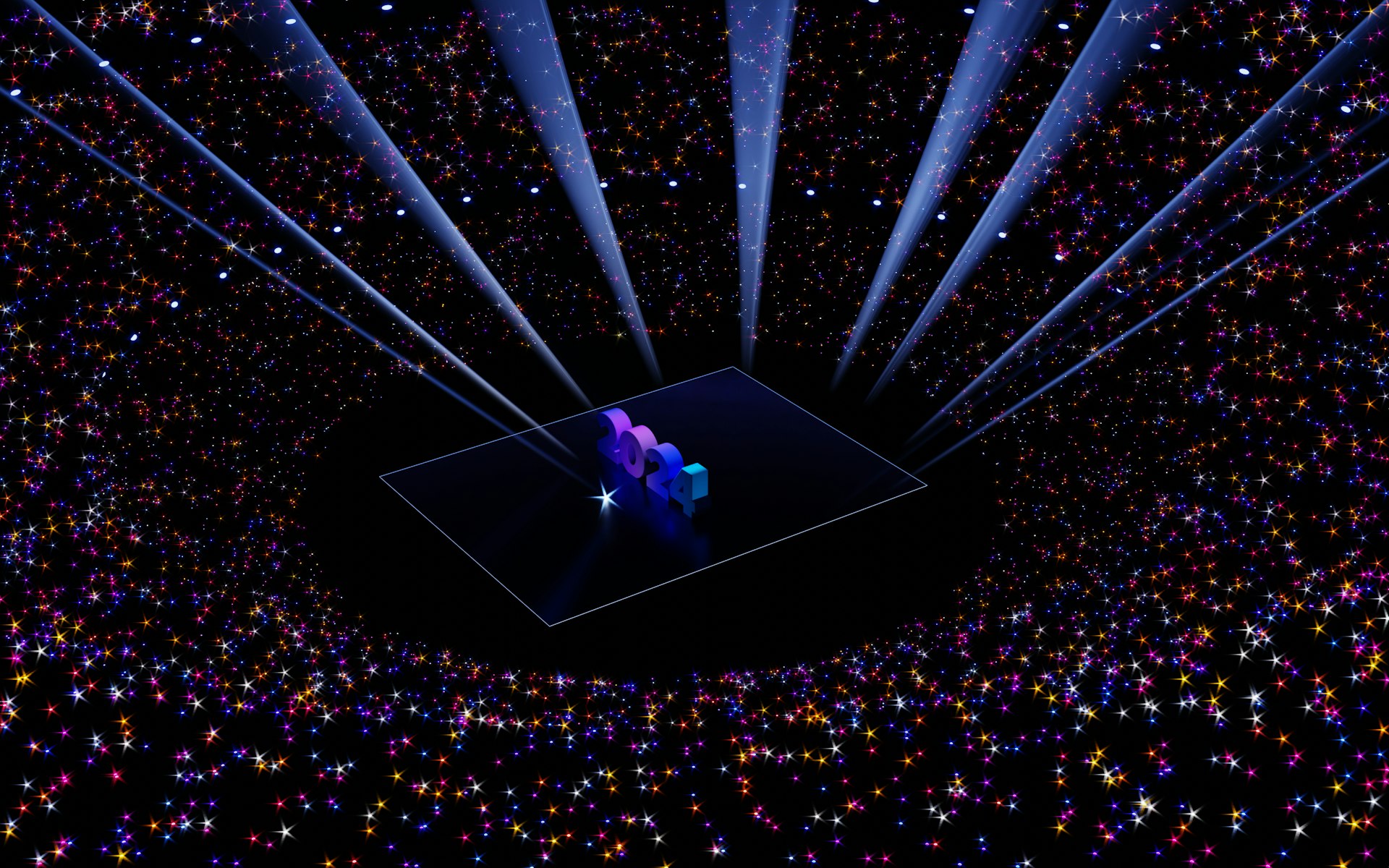How Esports Are Transforming the Landscape of Traditional Sports Events

Photo by Kenneth Schipper on Unsplash
The Convergence of Esports and Traditional Sports: A New Era
Over the past decade, the boundaries separating esports and traditional sports have steadily dissolved, leading to unprecedented collaborations and hybrid event formats. Major sports leagues such as the NBA, NFL, and FIFA have launched their own digital counterparts-NBA 2K League, Madden NFL esports, and the FIFA eWorld Cup-mirroring their real-world competitions and offering fans year-round digital engagement [1] . This convergence is not just a passing trend but a robust shift, blending athleticism, digital skill, and entertainment in new and meaningful ways.
Why Traditional Sports Organizations Are Embracing Esports
Traditional sports organizations are increasingly integrating esports to adapt to shifting audience demographics and preferences. Younger generations, who may not engage with broadcast television or conventional sports programming, are drawn to interactive and digital-first experiences. By launching affiliated esports leagues (such as the NBA 2K League, which features 25 teams tied to NBA franchises), these organizations are building bridges to new fan bases and maintaining relevance in an evolving media landscape [3] .
The economic motivation is clear: esports events now attract massive audiences, both online and in-person, with prize pools and sponsorships that rival or exceed some traditional sports tournaments. While traditional sports still command larger overall market value and sponsorships, the rapid growth of esports is narrowing this gap, particularly in terms of brand engagement and digital reach [5] .
Technological Innovation and Fan Engagement
One of the most significant benefits of integrating esports into traditional sports events is the adoption of cutting-edge technology. Streaming platforms such as Twitch and YouTube have made esports accessible to global audiences, eliminating geographical barriers and enabling real-time interaction between fans and players [1] . Enhanced production techniques-including multi-camera setups, real-time analytics, and interactive overlays-originated in esports and are now being adopted by traditional sports broadcasters to improve the viewing experience [4] .
Fan engagement is also being redefined. Esports thrives on social interaction, with live chats, instant feedback, and community-driven content. Traditional sports are leveraging these tactics by incorporating social media elements into broadcasts and offering digital engagement opportunities during live events. This creates an immersive, participatory atmosphere that appeals to younger fans and keeps audiences invested throughout the year [4] .

Photo by Kenneth Schipper on Unsplash
Implementation: Bringing Esports into Traditional Sports Events
For organizations seeking to integrate esports into their sports events, several strategies can be adopted:
1. Launching Official Esports Leagues: Many major sports organizations have established their own esports leagues. This typically involves:
- Partnering with game developers to create officially licensed digital versions of their sport.
- Recruiting professional gamers and sometimes crossover athletes to participate in these leagues.
- Structuring tournaments to mirror traditional league formats, with regular seasons, playoffs, and championships.
2. Hybrid Events and Co-located Competitions: Hosting esports tournaments alongside traditional sports events can drive cross-pollination of audiences. For example, during the Formula 1 Grand Prix, virtual F1 races are held, attracting both motorsports and esports fans [2] . To implement this:
- Coordinate event logistics to allow attendees to experience both physical and digital competitions.
- Promote crossover participation, where athletes or celebrities engage in esports matches.
- Offer integrated ticketing or streaming platforms to maximize reach.
3. Digital Content and Community Building: Traditional sports organizations can enhance their digital presence by embracing esports-style content, such as:
- Livestreaming practice sessions, behind-the-scenes footage, or player interviews on platforms like Twitch and YouTube.
- Creating interactive fan experiences, including online tournaments, fan voting, and virtual meet-and-greets.
- Developing mobile apps and social media campaigns to sustain year-round engagement.
To access these opportunities, organizations should:
- Identify official esports partners and game publishers related to their sport.
- Contact established esports event management companies for collaboration opportunities.
- Engage with digital marketing agencies experienced in gaming and sports integration.
For individuals or businesses interested in participating, consider reaching out to the official league or team websites for partnership, sponsorship, or career opportunities. Search for terms like “NBA 2K League careers,” “FIFA esports tournaments,” or “Madden NFL esports opportunities” for current openings and event schedules.
Challenges and Solutions in Esports Integration
Despite promising developments, integrating esports into traditional sports events presents several challenges:
1. Cultural Differences: Esports and traditional sports communities often have distinct cultures. Bridging this gap requires sensitivity to both audiences’ values and expectations. Solutions include joint marketing campaigns, collaborative content, and educational initiatives that emphasize shared skills such as teamwork, dedication, and strategy.
2. Revenue and Sponsorship Models: Traditional sports still outpace esports in terms of sponsorship value and overall revenue. However, esports is quickly catching up, offering brands unique digital activation opportunities. To maximize potential, organizations should diversify sponsorship packages and leverage digital analytics to demonstrate value to prospective partners [5] .
3. Technological Infrastructure: Hosting hybrid events demands robust technical setups, including high-speed internet, reliable streaming platforms, and advanced audiovisual equipment. Collaborating with experienced esports production companies can help mitigate risk and ensure seamless execution.
4. Regulatory and Legal Considerations: Esports introduces new intellectual property and licensing challenges. Organizations must work closely with legal teams and game publishers to ensure all competitions comply with relevant laws and licensing agreements.
Career and Business Opportunities in the New Sports Ecosystem
The integration of esports into traditional sports is opening new career paths and business models. Universities are now offering degrees in esports management, and many institutions have launched varsity esports programs [5] . For aspiring professionals, potential roles include:
- Esports event coordination and production
- Digital marketing and fan engagement management
- Game development and league administration
- Content creation and broadcasting
To pursue these opportunities, you can:
- Search for accredited esports programs at universities and technical colleges.
- Contact professional sports teams to inquire about digital or esports roles.
- Network through industry conferences, webinars, and online forums dedicated to esports and sports business.
Alternative Approaches and Future Outlook
Some organizations are experimenting with alternative formats, such as mixed-reality competitions, augmented reality fan zones, and direct athlete-gamer collaborations. The evolution of VR and AR technologies is likely to further blur the lines between physical and digital sports in the coming years [1] .
For those looking to stay ahead of the curve, consider:
- Investing in digital infrastructure and staff training for hybrid event production.
- Building partnerships with technology providers specializing in AR/VR and streaming solutions.
- Monitoring trends through official esports and sports industry bodies, as well as attending cross-sector events and expos.
As the definition of “sport” continues to evolve, the most successful organizations will be those that embrace change, focus on fan engagement, and create inclusive experiences that span both physical and digital worlds [2] .
References
- [1] The Sport Displays (2024). Breaking Barriers: The Rise of Esports in the Traditional Sports Arena.
- [2] NexGen Careers (2025). Esports and Traditional Sports: Can They Coexist in the Future?
- [3] Baker College (2024). The Rise of Esports: Exploring the Competitive Gaming Industry.
- [4] Cinedeck (n.d.). How Esports Production is Influencing Traditional Sports Broadcasting.
- [5] US Resist News (2024). The Rise of E-Sports and Its Impact on Traditional Sports.



